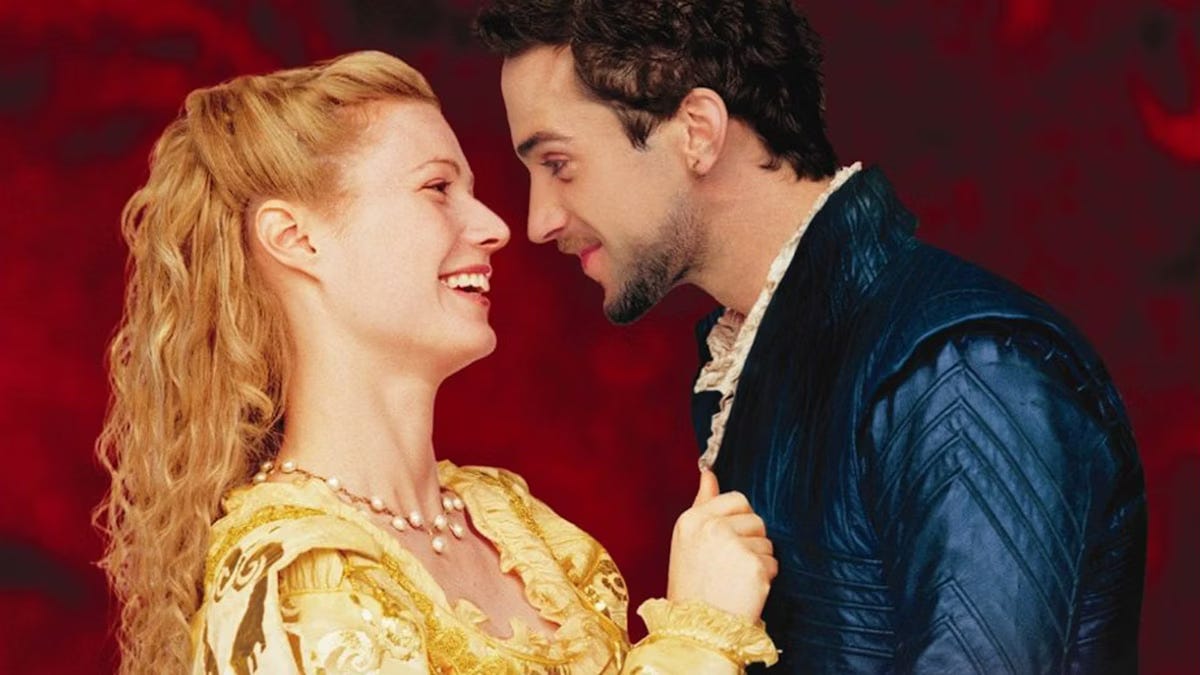IP Picks🔎: A Prep School #Metoo Revenge Drama
➕ A chance encounter gone awry and bad behaving moms

Welcome to The Optionist. Thanks for reading along.
I was listening to Rob Lowe's Literally! podcast this week — love the show. He’s a charming raconteur and refreshingly self-aware enough to make fun of his own 'I'm-a-star-but-still-deeply-insecure' pretensions. Rob had Ed Zwick on to promote his new industry memoir Hits, Flops, and Other Illusions: My Fortysomething Years in Hollywood, which publishes on Feb. 13. And he said something that has stuck with me all week.
Talking about the problems with development in Hollywood, particularly the studios’ hunt for the kind of IP that they think will guarantee an audience right now — think Marvel, Barbie, etc, Zwick said: "When I look at those things, some of them made by streamers, I feel like I can hear the meeting, I don't feel like I can hear the screenplay." Hearing this, I had a bit of an Aha! moment. It’s such an obvious but smart observation (then again, the smartest observations are always the ones that seem the most obvious in retrospect). I actually wrote it down on a Post-it and stuck it on my monitor as a reminder.
When you're pitching material and trying to get someone to buy it, it’s easy to fall into that trap. Of course you need a good meeting to sell the project, but a good pitch isn't always a good movie or TV show. I think about this all the time when I'm asked by an author for advice on a non-fiction book proposal. (One of the few things I'll be immodest about is my ability to write a killer book proposal.) Lots of writers get hung up trying to tell only what they know in that moment. But the best proposal imagines the book that could be, which requires authors to go beyond where they are right now. That often makes the journalists and academics who ask my advice uncomfortable. But there's a balance here. You need to imagine the book that could be, but you can't get too far over your skis to pitch a book that can never be. At its best, a good proposal, like a good pitch, is an idealized version of what could be.
Anyway, I stuck what Zwick said on my computer as a reminder to make sure that when I'm talking about something in The Optionist I'm pitching the meeting and the screenplay and not just falling into the temptation of pitching the meeting.
A quick plug for Zwick’s book, which I've read in full: Pick it up when it comes out in two weeks. Yes, there's juicy gossip about many of the stars he's worked with over the years — the Glory and Shakespeare in Love chapters alone are worth the price of admission — but the memoir is a lot more than that.
Zwick is smart in how he uses those dishy, A-list stories in service of bigger lessons about how to develop a project, how to deal with studio pressures, financiers, actors and their entourages, how to manage egos and collaborate with people. I think anyone in the business will learn something useful from his time in the trenches. I thought it was one of the better memoirs by a filmmaker I've read in a while.
On to this week’s picks, which include two compelling books revolving around schools — one a satire, the other a thriller. The full rundown:
A southern noir thriller.
A drama about a teacher abusing students at a private school in the 1980s and how the case reverberates in the present.
A sweeping historical drama about the building of the Panama Canal.
A spiky satire about rich moms competing to be PTA boss.
A drama about a chance encounter gone wrong in the vein of Beef.




